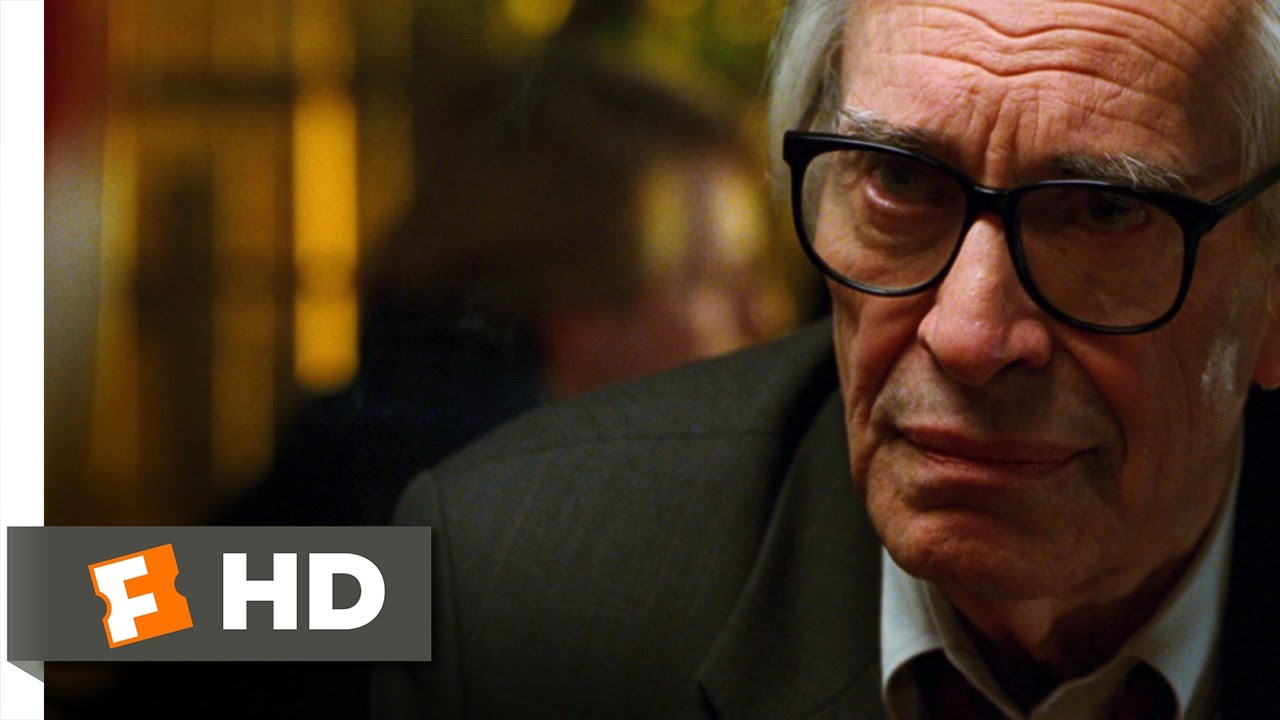Widely touted as “The Best Poker Movie Ever Made”, Rounders barks the lingo of the degenerate gambler with a practiced fluency. The scenes spent at a poker table exemplify the emotional roller coaster that every lover of the game has experienced. But amid the bad beats, 3-outers, and pot splashing, the film offers something more meaningful than a fly-on-the-wall perspective of a high-stakes poker bout. Nestled between the turn and river cards, Rounders challenges the viewer with a pointed question: are you doing what you love to do, or are you doing what others think is best for you?
The narrative of Rounders is borrowed from the standard sports drama. Our protagonist, Mike McDermott (Matt Damon) is a “rounder”, someone who plays high-stakes poker in underground clubs. He has “three stacks of high society” ($30K), but his overconfidence causes him to lose it all at the hands of Teddy KGB, a Russian loan shark (John Malkovich). Months later, Mike has sworn off poker in favor of law school, and doggedly works side jobs to help support himself and his girlfriend Jo (Gretchen Mol). When Mike’s childhood buddy Lester “Worm” Murphy (Edward Norton) is released from prison with a large debt on his head, the two friend hop from table to table in an attempt to recoup Worm’s losses within only a few day’s time.
Mike’s relationship with Jo is fraught with tension from the get-go. It is made clear that she was around the last time he went bust, and it is upon her insistence that Mike abandon the poker tables in favor of law. An early scene has Mike delivering something to a judge at the law school named Abe Petrovsky (Martin Landau). The judges are in the middle of their weekly poker game when Mike arrives, and he quickly reads the entire table and dominates. It provides powerful characterization quickly, but also informs on the relationship between Mike and Jo. Simply recounting this story to Jo causes her to bristle. She asks Mike if he sat down to play (he didn’t), but remains miffed regardless. Eventually, Mike succumbs to Worm’s goading and the two clean up a table at a party. Jo discovers his winnings and leaves him high-and-dry.
As Mike reenters the game, he struggles with his law studies and is racked with guilt for slipping back into it all. He twice meets with Petrovsky in a bar to discuss cards, the law, and life in general. The theme of Rounders is contained within these discussions. Most importantly, Petrovsky notices Mike’s aptitude and enthusiasm for cards, and so tells him a story. When Petrovsky was young, he was a prodigy. Not in the law, but in religion – he was to continue the tradition of his family and become a Rabbi, perhaps the greatest one yet:
What choice?
This sequence hinges on two wonderful phrases: “I never saw God there” (in the Talmud), and “What choice?”. The first is utter brilliance. It rhetorically subverts the concept of “God” by remarking that he is absent from a profoundly religious text, at least in Petrovsky’s view. It is also metaphorical – “God” here does not mean the supreme being (who Petrovsky clearly still believes in), but instead is used to mean, “that for which you have endless passion”. Petrovsky was good at being a Rabbi – maybe the best his family had ever seen. But he didn’t love it. The fallout was brutal, but when Mike asks him if he’d make the choice again, the second critical phrase confirms: there was no choice.
This is the theme of Rounders. Though its subject is poker lowlifes and other degenerates, it deals with the pursuit of one’s dreams in a profound manner. Mike may be good at being a lawyer if he works at it, and those in his life would respect him more for going down that road. But he is great at poker, and he sees God in the cards, so to speak. At the very end of the film he has restored his three stacks of high society and is bent on challenging for the title at the World Series of Poker. The film ends here; Mike’s success as the tournament is irrelevant. He is pursuing that which makes him most happy. He sees God in what he does. Do you?



Your point of view caught my eye and was very interesting. Thanks. I have a question for you.